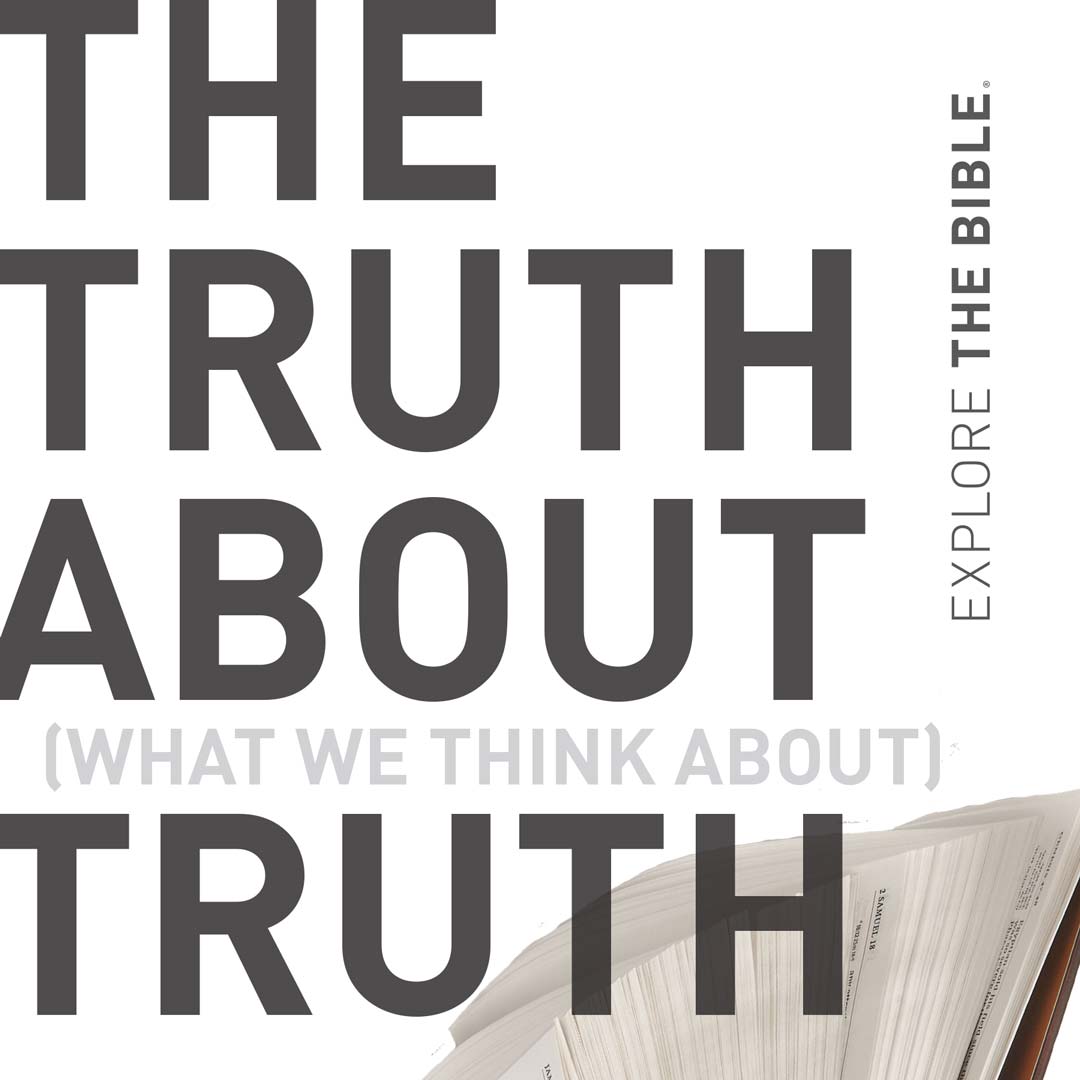We like to win. We see this truth play out when kids play a game. Eventually, someone wants to change the rules. The change may be simple, but we can be sure that the change benefits the one proposing the change. If the change is made, the game may become unfair. The rules of a game function as boundaries that frame the challenge of the game and establish fairness for all those who are playing. That includes those who played that game before us and who will play after us. Imagine using a chess set to play checkers and then declaring ourselves as great chess players. We are deceiving ourselves and doing a disservice to those who are truly great chess players. We also cheat ourselves of learning how to actually play chess and, in effect, we lose by winning.
DOES CULTURE CANCEL TRUTH?
Before we start demanding that all children learn to play chess using the rules as written, we may want to see if we are playing by the rules in other areas of life. Throughout history, people have tried to change the standards to better fit their life situation. Maybe that standard stood in the way of some goal or something they believed would bring them happiness. One example is the marriage of Nero and Octavia. Nero had been adopted by Claudius, who was the father of Octavia. By law, Nero and Octavia were brother and sister even though they had different birth parents. When they wanted to get married, special legislation was passed that allowed Nero to marry Octavia.
Most of us can’t have a law passed that allows for us to change a cultural norm or cancel another law. We can, however, argue that some standards are old fashioned and thus obsolete. In a recent study of over 1,000 American Protestant churchgoers, Lifeway Research found that 24% of those who responded felt that some biblical truths have become obsolete due to cultural changes. The survey did not ask which truths were now obsolete, but we can guess that most of those viewed as obsolete are those the person surveyed view as standing in the way of their happiness or rights.\
A TALE OF TWO KINGS
Disregarding biblical truth is nothing new. In Jeremiah 36, the prophet is told to write all the warnings of God’s judgment coming on Judah, Israel, and the nations. Baruch then presented this scroll to King Jehoiakim of Judah, with the hope that he would lead the nation to repent. His advisors, Elnathon, Delaiah, and Gemariah, encouraged him to at least listen to the words being read to him. Instead, King Jehoiakim cut sections of the scroll and used it as fuel for a fire. As king, he was determining what was culturally obsolete when it comes to God’s Word.
We can compare King Jehoiakim’s response to the response of King Josiah. Josiah had ordered for the temple to be repaired, with the workers finding a scroll tucked away in a room in the temple. The scroll made its way to the king where it was read to him (see 2 Kings 22–23). When King Josiah heard the words read from the scroll, he immediately realized the wrongdoing of the people of Judah and initiated a period of religious reforms that brought Judah back to God. We should note that Josiah was Jehoiakim’s father—two men, one generation apart.
After the scroll of Jeremiah was burned, God directed him to create a replacement scroll that included an additional warning about the fate of Jehoiakim and his family. The burning of the original scroll did not negate God’s warning. No matter how hard we may try to eliminate part of God’s Word, it remains to be God’s Word.
Guilt will cause most of us to act in this way. Instead of admitting our rebellion and asking for forgiveness, we would rather change the rules. If we want to believe other parts of the Bible—Jesus loves me, heaven is a real place, children obey your parents—yet refuse to follow or repent, we really have no other option but to declare parts of it obsolete, using culture as a convenient excuse. If we were the author, we could decide which parts of the Bible should be followed and which parts are now obsolete. But we are not the author. It is not our Word but God’s Word. The Holy Spirit inspired a select group of people to record God’s Word so His creation could know Him.
This post is taken from our new ebook, The Truth About (What We Think About) Truth, written by the Explore the Bible Team. To learn more and download your copy, visit this page.
